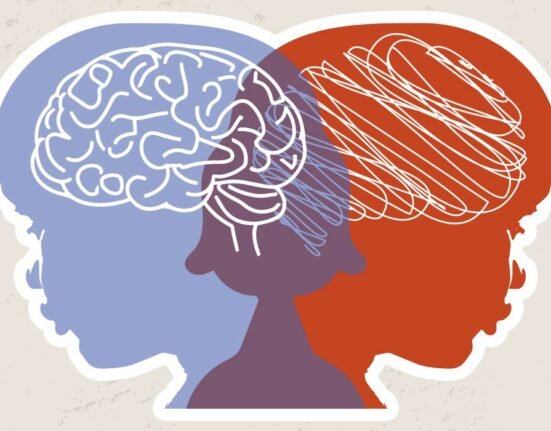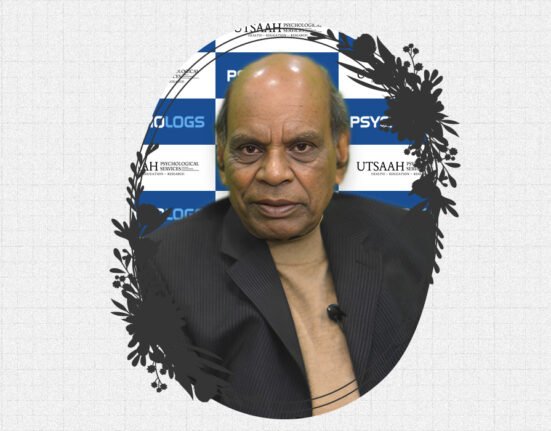Electroconvulsive therapy (ECT) is believed to be used on tens of thousands of women in England who have mental health issues. According to NHS data, ECT is prescribed disproportionately to women, who account for two-thirds of those who receive it. Despite the notion that electric shock treatment can result in irreversible brain damage, it was prescribed. Even though some patients stated therapy benefited them, many patients are unable to recognise family and friends or perform basic math, which has resulted in serious harm to the patients. Leading mental health organizations have condemned it as harmful and outmoded, calling for its usage to be discontinued awaiting an immediate review or outright prohibition.
According to the National Institute for Health and Care Excellence (Nice), which makes recommendations to the NHS, “Only life-threatening conditions or acute treatment of severe depression, as well as where a quick response is required, should ECT be considered. Alternatively, if all other treatment methods have shown to be ineffective “, They also stated that the patient should be informed about the risks associated with ECT before beginning treatment and that the decision should be taken jointly with the patient after addressing the ECT’s side effects. All of NICE’s recommendations, however, are disregarded. Patients were given ECT without first receiving counseling or cognitive behavioural therapy, according to the findings.
Nice’s guidelines, according to a clinical psychologist who has worked for 20 years, are unclear because they do not highlight specific hazards that patients should be informed about. They also inquired about evidence indicating that ECT has the potential to cause additional harm and memory loss. According to research conducted in several nations, it is also used more on women than on males. The research on ECT completed in 1985, as well as previous research, found minimal evidence of ECT’s beneficial effects. According to the study, 12 to 55% of persons suffer from memory loss that is long-term or permanent. ECT was also largely utilized on women and the elderly, who are more likely to suffer from memory loss.

A patient who started ECT in 2004 despite the psychiatrist’s assurances that there would be no negative effects. She had significant memory loss and couldn’t recognise her own family and friends. ECT, she claimed, “destroyed her instead of treating her.” The reports about the ECT, according to Peter McCabe, CEO of headway, the brain injury group, produced neurological issues. He stated that an urgent evaluation of the ECT is required. He also claimed that extensive scientific research has discovered no evidence of physical brain damage in ECT patients. However, he acknowledged that more research into the long-term effects of ECT treatment is required.
A patient who started ECT in 2004 despite the psychiatrist’s assurances that there would be no negative effects. She had significant memory loss and couldn’t recognise her own family and friends. ECT, she claimed, “destroyed her instead of treating her.”
- A patient claims that doctors originally ignored her symptoms as ECT side effects.
- According to her, an NHS neuropsychologist diagnosed her with impaired brain function as a result of ECT in 2007.
- She was unable to operate computers and struggled to read by that time, issues that lingered for years after her ECT and prevented her from working.
- But I’m constantly exhausted, and I’m suffering from the long-term ramifications of brain injury.
- She explained, “I’ve regained a great deal of my intelligence,” but “what happens is that your brain tires out so quickly.”
- She was called for an investigation of how ECT is used in the United Kingdom and claims that psychiatrists minimize negative effects and fail to adequately notify patients.
The reports about the ECT, according to Peter McCabe, CEO of headway, the brain injury group, produced neurological issues. He stated that an urgent evaluation of the ECT is required. He also claimed that extensive scientific research has discovered no evidence of physical brain damage in ECT patients. However, he acknowledged that more research into the long-term effects of ECT treatment is required.












Leave feedback about this